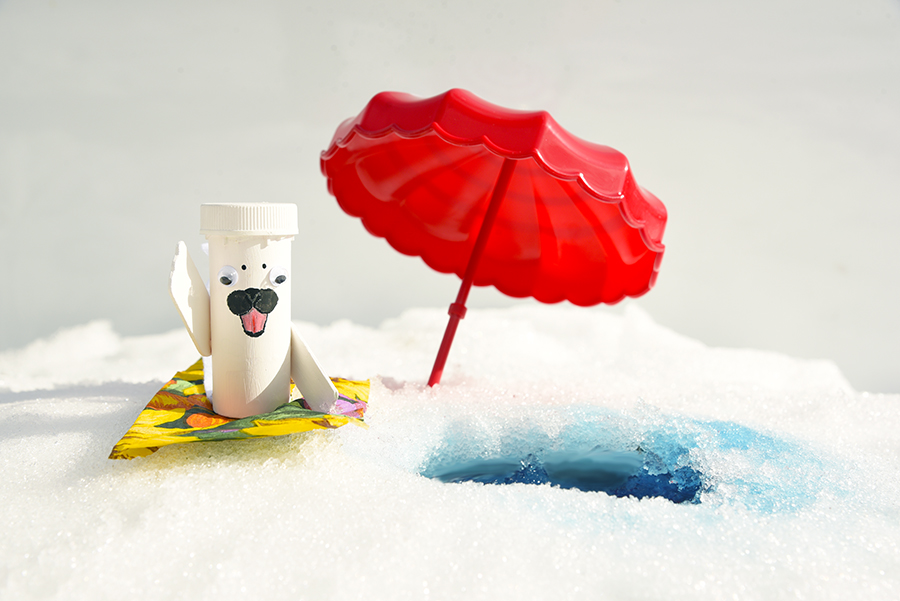
Having a parent with Alzheimer’s is kind of the opposite of having a child. With children, you expect that they will make mistakes, but you also expect that they will learn from them. Alzheimer’s goes the other way; behaviors that you expect stop and they are replaced with what can only be described as oddities.
It’s easy to react, in such situations, impatiently. Perhaps real parents, who have built up a store of equanimity after years of raising kids, might respond in a much more sanguine manner than someone who has never had to go through that experience. It isn’t fair, though, to be angry at a person who doesn’t understand what they are doing to upset you, especially when you know that it would never be in their character to do so.
As Pop began to decline, and I mean really decline, I found that I was spending more time being, if not angry, at least frustrated when I came across these peccadilloes. He was still, in many ways, self-sufficient. He could dress himself and get around by walking. He had his routes and his routine so that he was still ok to be at home by himself during the day. And thank heaven for the many wonderful neighbors who kept an eye out for him; he had an external support group that not only monitored, but truly loved him as well.
The first time you pull a bowl out of the cupboard and cereal covers the counter and the floor is annoying. It is a new and unexpected trick from someone that you expect to know better. The proof is there, in decades of living with him, Pop had never once done this. Luckily, Pop wasn’t around at the time, or I might have lashed out unkindly. Instead I cleaned up the mess and thought about what was going on.
Vascular dementia was an old diagnosis, Alzheimer’s was a new one at the time. This may be the first and only time that this is ever said, but perhaps the diagnosis was a blessing in disguise. Dementia, at least the symptoms that Pop showed from it, was characterized by a cognitive drop and then a period of stable mental state. At first, it was the same story, over and over, but that was about it. You got used to it after a while and, since you knew it was coming, you just learned to roll with it.
Alzheimer’s, whether it was just a progression of the dementia, or whether it was a whole new thing, came with an ever changing set of bizarre actions. One day it was cereal in the fridge, complete with milk, the next it was a bag full of candy and a stack of gas station loyalty cards. Some of them were peculiar, sometimes they could be maddening, if you weren’t prepared.
At this particular juncture, I found myself constantly frustrated. Why are there used Kleenexes all over, why is there no toilet paper… Oh it’s in his room, he’s using it as Kleenex. The cereal from the cupboard just happened to be the incident that let me change my way of thinking. I knew, and this wasn’t a deep down kind of feeling it was right on the surface, that Pop was not going to get better. There was no doubt that, while he once knew how to put the cereal away, or to fix more than just a peanut butter sandwich, there were things he was no longer going to do the way he had always done. As I swept up the cereal, I had to ask the question, “What can I do to not be angry with Pop?” The feelings were all mine and he couldn’t be held responsible for my temper. I don’t get angry with a child when they accidentally spill a drink; in that situation you clean up and move on, or help the kid clean up. However you chose to handle it, getting angry isn’t the right way to handle a genuine accident. Yet, here I was angry as, in some ways, Pop was being very childlike.
The answer wouldn’t have been obvious but in light of the new diagnosis it gave me the strategy that I used to respond to the daily changes. I would just say, “Ah, Alzheimer’s,” and clean up, and move on.